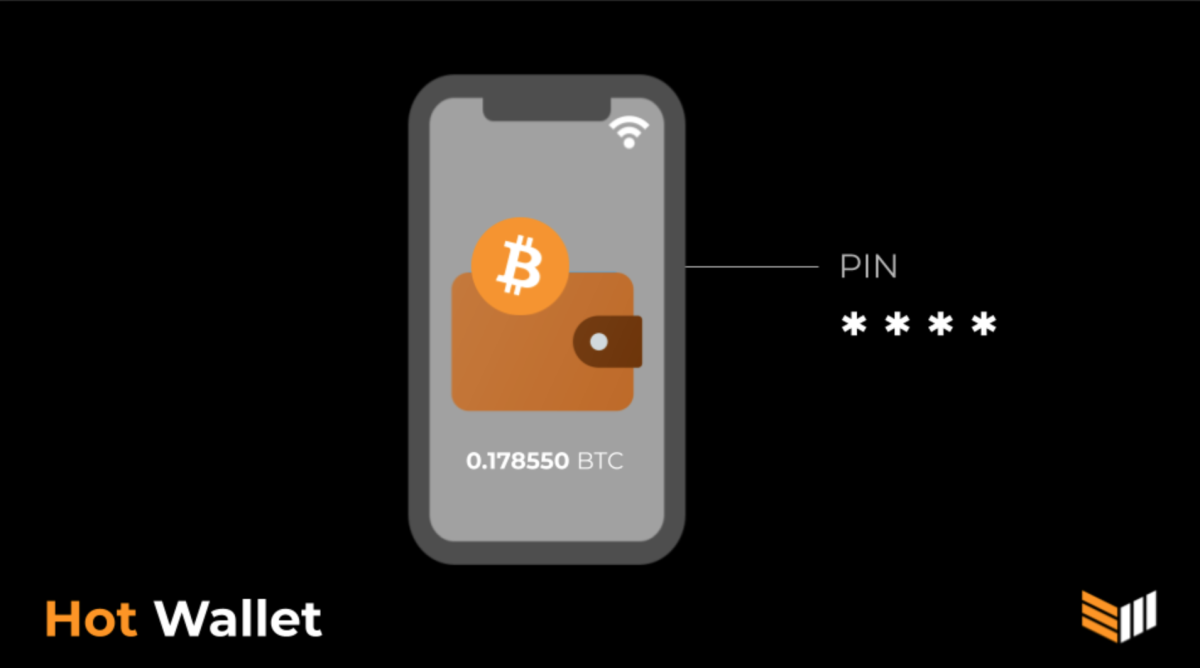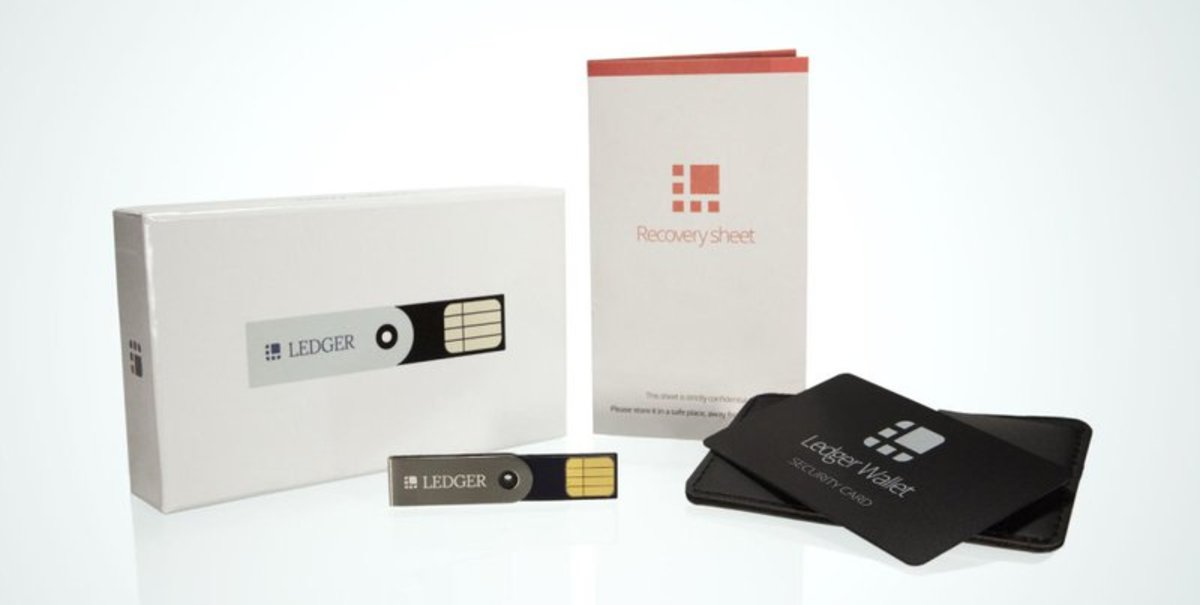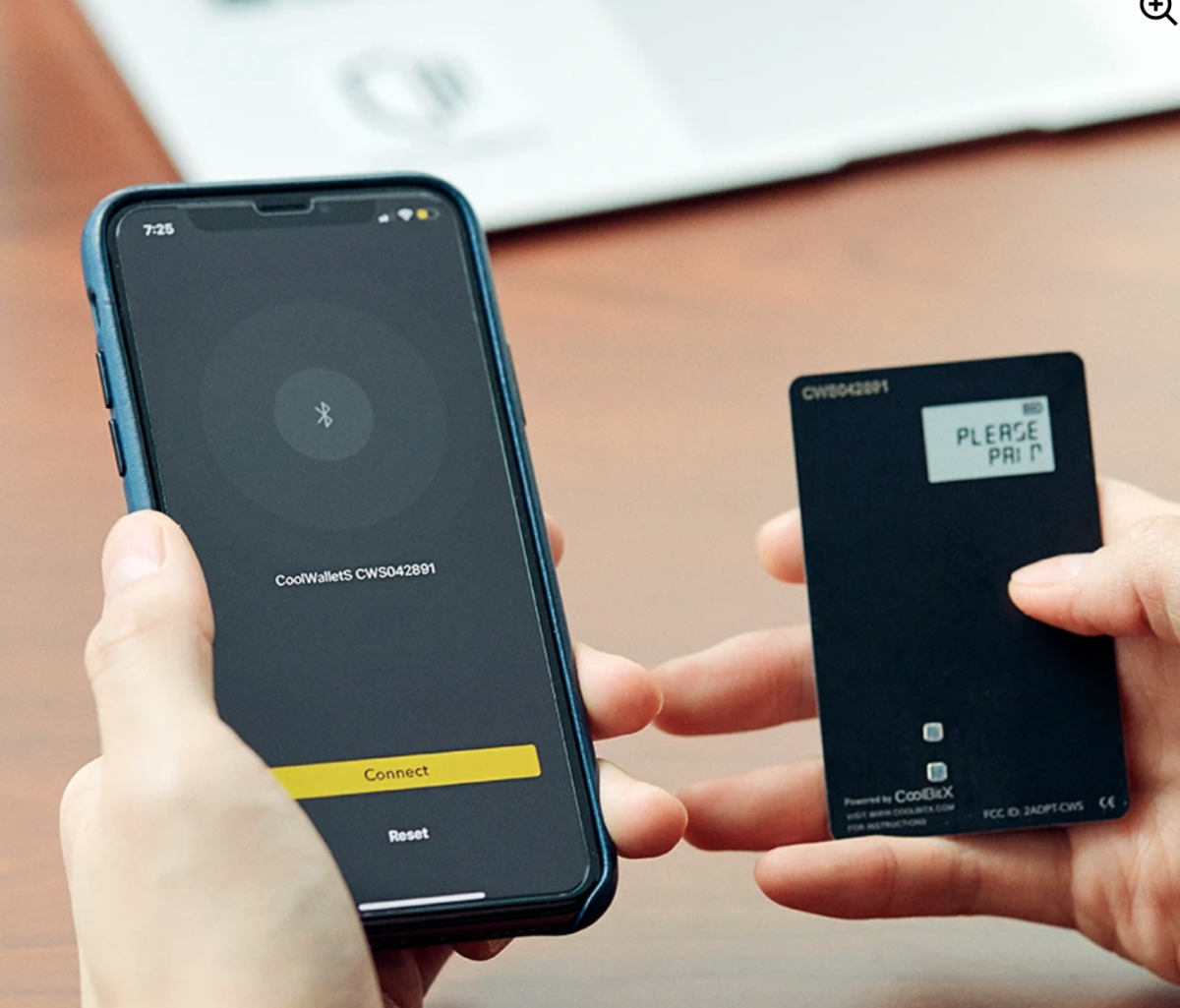
Bitcoin wallets can be hardware products, or software running on mobile, the web or through apps. Some of the most popular bitcoin hardware wallets include Trezor and Ledger devices, while other popular bitcoin wallets include the mobile app Blue Wallet and the desktop app Wasabi Wallet.
Storing bitcoin in a safe location comes with interesting challenges. This is because bitcoins aren’t physically “stored” anywhere. As a purely digital entity, it is not as if they are held in bank vaults or stuffed under mattresses. They are accessible through Bitcoin addresses, which require a set of digital keys for entry. So, the question of how to securely store bitcoin always comes down to the security of these keys.

Billfodl products can keep crypto private key or recovery seeds safer than writing them on paper, which is easily damaged by fire or water.
Every Bitcoin address has two keys: a “public key” and a “private key.” Bitcoin addresses are derived from public keys, and these Bitcoin addresses are shared. Think of it like sharing your email address with someone: They can send you an email but can’t get into your inbox to read your mail. Similarly, nobody can get into a wallet and take bitcoins from it with a public key; it can only be used to send bitcoins to. Therefore, it is safe to share.
A private key, on the other hand, represents the ability to access bitcoins belonging to a specific Bitcoin address. This is the key that needs to be secured in a safe place.
Before getting deep into the discussion, it is worth noting that people who don’t want to control their private keys don’t have to. While it is strongly advised that Bitcoin users maintain control over their keys, there are alternatives that don’t require this, like Cash App and cryptocurrency exchanges such as Binance. By design, most exchanges have wallets built in to allow for deposits and withdrawals of different assets.
By depositing bitcoin into an exchange’s wallet, a user is essentially handing over the control of their bitcoins to the exchange as well. Doing so comes with a certain amount of risk. Some exchanges have been vulnerable to hacks, while other, less reputable ones, have lost or even stolen user funds.
Keeping your funds on an exchange as a primary storage facility is generally not advised. After all, the principles that led to the creation of Bitcoin itself are based on principles of financial freedom and personal responsibility. Keeping private keys secure in the hands of people who truly own them strikes the same chord as these principles.
Hardware Wallets
Many consider hardware wallets (including the wide variety available on sale in our hardware store) to be the safest way to protect ownership over bitcoins. These wallets, as implied in the name, take the form of a physical device that protects a user’s keys by encrypting all the information, and grant access to the user via a password or seed phrase.
The most important quality of hardware wallets is the physical protection of your private keys, as opposed to protecting them on the computer. This is what makes them more secure than every other type of wallet.
By removing these keys from an internet-connected computer, it is highly unlikely that hackers or a malicious program can steal your private keys. All good hardware wallets generate keys within the wallet to avoid this type of risk.
If you have a copy of your private key on a computer as well as on a piece of paper, the bitcoins associated with the key are only as secure as the weakest link; if the private key is stolen from one location, the access to bitcoins associated with that key are gone in every other instance.If you have a copy of your private key on a computer as well as on a piece of paper, the bitcoins associated with the key are only as secure as the weakest link; if the private key is stolen from one location, the access to bitcoins associated with that key are gone in every other instance.
Such paper wallets are, as implied, copies printed on pieces of paper. Specifically, these types of wallets have a private key, a Bitcoin address and a QR code representing each, printed for easy viewing on paper. This method of keeping bitcoins safe is not generally advised because of the challenge of generating keys securely. If a user wants to create a paper wallet, they would, for example, need to take extra precaution that the computer from which the keys are being generated has not been infected with any viruses.
Software Wallets

Any wallet that does not come in a physical format can be considered a software wallet (with the exception of brain wallets, but those can be tricky to secure and aren’t generally recommended). Given the nature of software, though, these types of wallets can exist on any computer, as well as on mobile phones. Some software wallets, called “web” wallets, exist as applications accessible via web browser.
Software wallets typically use encryption, as well as other security measures, to protect private keys on a device. They are considered secure if developed in a peer-reviewed and open-source manner, or by a reliable programmer or organization, and all generally serve the same purpose: sending bitcoin from one address to another. Some software wallets, such as Wasabi Wallet and Samourai Wallet, offer enhanced privacy options. Software wallets always operate with some type of hardware, whether that is a mobile phone, a laptop or a hardware wallet device.
Software wallets, regardless of the device they are on, are not as secure as hardware wallets given their digital nature. Yet the advantage of software wallets is they are easier to use for sending bitcoin. Here are some simple tips for easily using your cryptocurrency with a bitcoin wallet:
- Sending
Sending bitcoin to another address is the process of transferring ownership of that amount of BTC. This requires signing a transaction with the associated private key to prove it’s yours to send in the first place. You’ll need to know the address you’re sending the funds to and the fee you wish to attach for setting priority.
- Receiving
A destination address is required to send a bitcoin transaction. Represented as a string of alphanumeric text or as a QR code, it’s important to double-check for accuracy as a single error will result in a permanent loss of funds. Always use a wallet that generates a fresh receiving address for each payment, otherwise the sender will be able to see your balance.
- Not Your Keys, Not Your Coins
If you’re confident in your ability to secure and backup your own private keys, then you should be taking direct custody of your bitcoin rather than leaving them on an exchange or centralized wallet, like Cash App or a Binance account, that controls your access to them or may even be lending them out.
- Stacking Sats (Silently)
You wouldn’t advertise your bank balance, so don’t tell anyone how much bitcoin you own (barring inheritance planning or legal/tax obligations). Doing so invites unwanted attention and increases the chances of physical threats.
Keep in mind that software wallets are not the best option for keeping bitcoin in a storage for an extended period of time, especially in large amounts. A hardware wallet, which is removed from internet access entirely, is often the preferred method.
Which Bitcoin Wallet Should You Use?
We offer a range of bitcoin wallets and hardware tools in our store, along with a series of hardware wallets reviews.
Whichever wallet you choose, Bitcoin offers the first example of digitally-scarce units that users can verify without a central authority. Through a clever combination of math, code and incentives, network participants enforce its finite supply as part of Bitcoin’s perfectly balanced system. For more easy tips and best practices for using bitcoin, check out our tutorials and guides.













